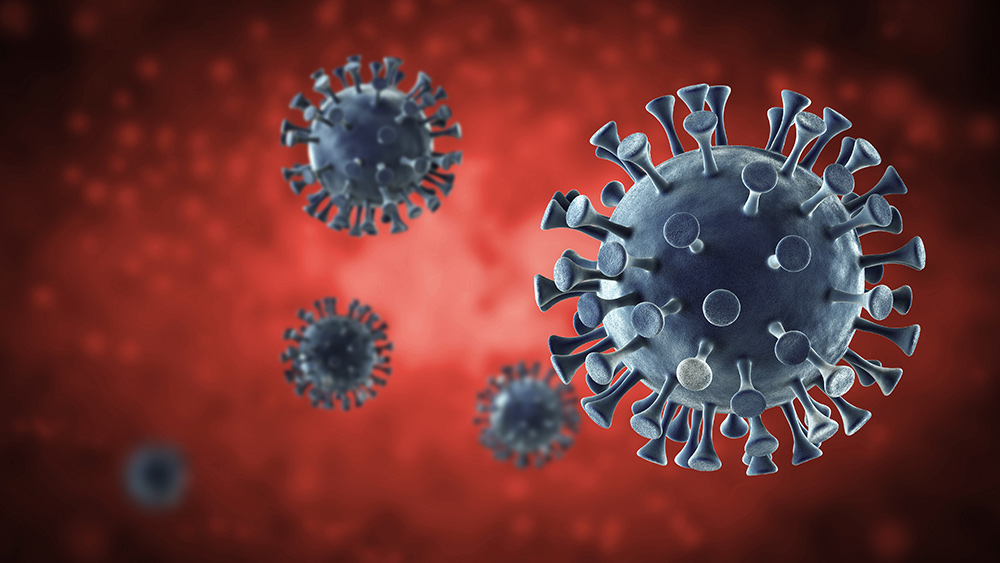Betulinic acid found to demonstrate anti-hepatic fibrosis activity
04/10/2020 / By Evangelyn Rodriguez

In this study, researchers at the Southern Medical University in China investigated the effects of betulinic acid on human hepatic stellate cells in vitro and C57BL/6 mice in vivo. Their findings were published in the Journal of Natural Medicines.
- The researchers explored how betulinic acid affects the expression of alpha smooth muscle actin and autophagy-related proteins.
- They found that betulinic acid reduced pathological damage associated with liver fibrosis.
- The compound also decreased serum platelet-derived growth factor and serum hydroxyproline levels.
- In the livers of mice, betulinic acid downregulated the expression of alpha smooth muscle actin and type I collagen but upregulated the expression of microtubule-associated protein light chain 3B and autophagy-related gene 7.
- In vitro, betulinic acid increased the expression of the autophagy marker, LC3II, but decreased the expression of alpha muscle actin in hepatic stellate cells.
- The introduction of bafilomycin A1 and mCherry-GFP-LC3 adenoviruses promoted the formation of autophagosomes in hepatic stellate cells and the development of autophagic flow.
- These results suggest that mitogen-activated protein kinase/extracellular signal-regulated kinase may be involved in the effects of betulinic acid on liver fibrosis.
Based on their findings, the researchers concluded that the anti-hepatic fibrosis activity of betulinic acid is due to its ability to induce autophagy, which makes it a promising new agent for treating liver fibrosis.
Journal Reference:
Liu Y, Bi Y, Mo C, Zeng T, Huang S, Gao L, Sun X, Lv Z. BETULINIC ACID ATTENUATES LIVER FIBROSIS BY INDUCING AUTOPHAGY VIA THE MITOGEN-ACTIVATED PROTEIN KINASE/EXTRACELLULAR SIGNAL-REGULATED KINASE PATHWAY. Journal of Natural Medicines. 2018;73(1):179–189. DOI: 10.1007/s11418-018-1262-2
Tagged Under: alternative medicine, autophagy, betulinic acid, disease treatments, liver damage, liver fibrosis, liver health, natural cures, natural medicine, phytonutrients, prevention, research



















